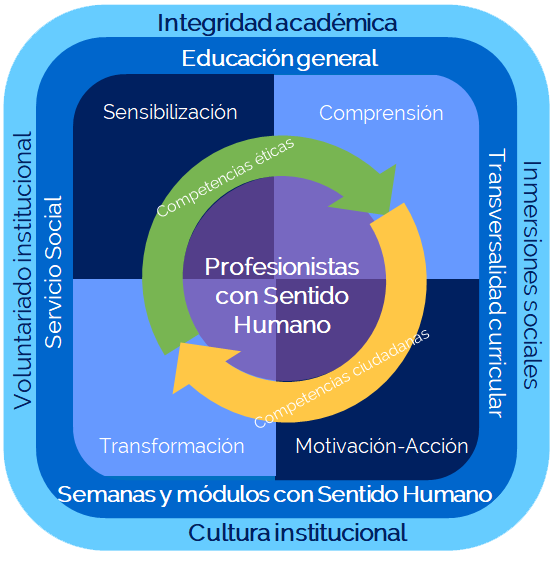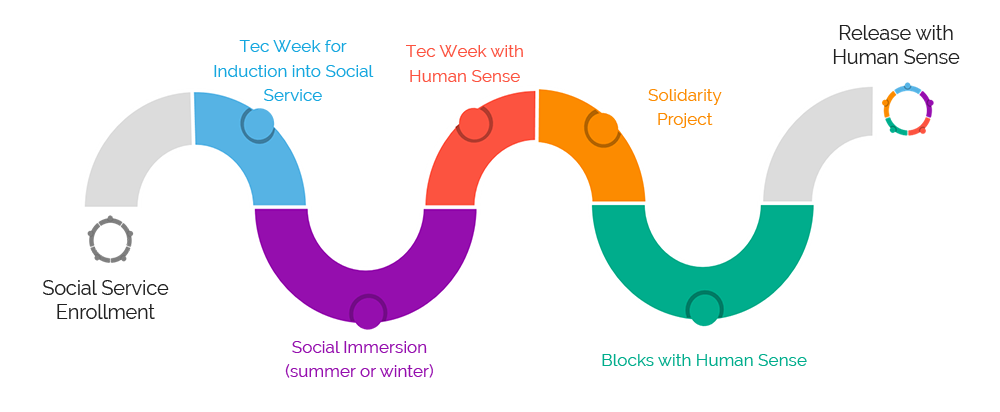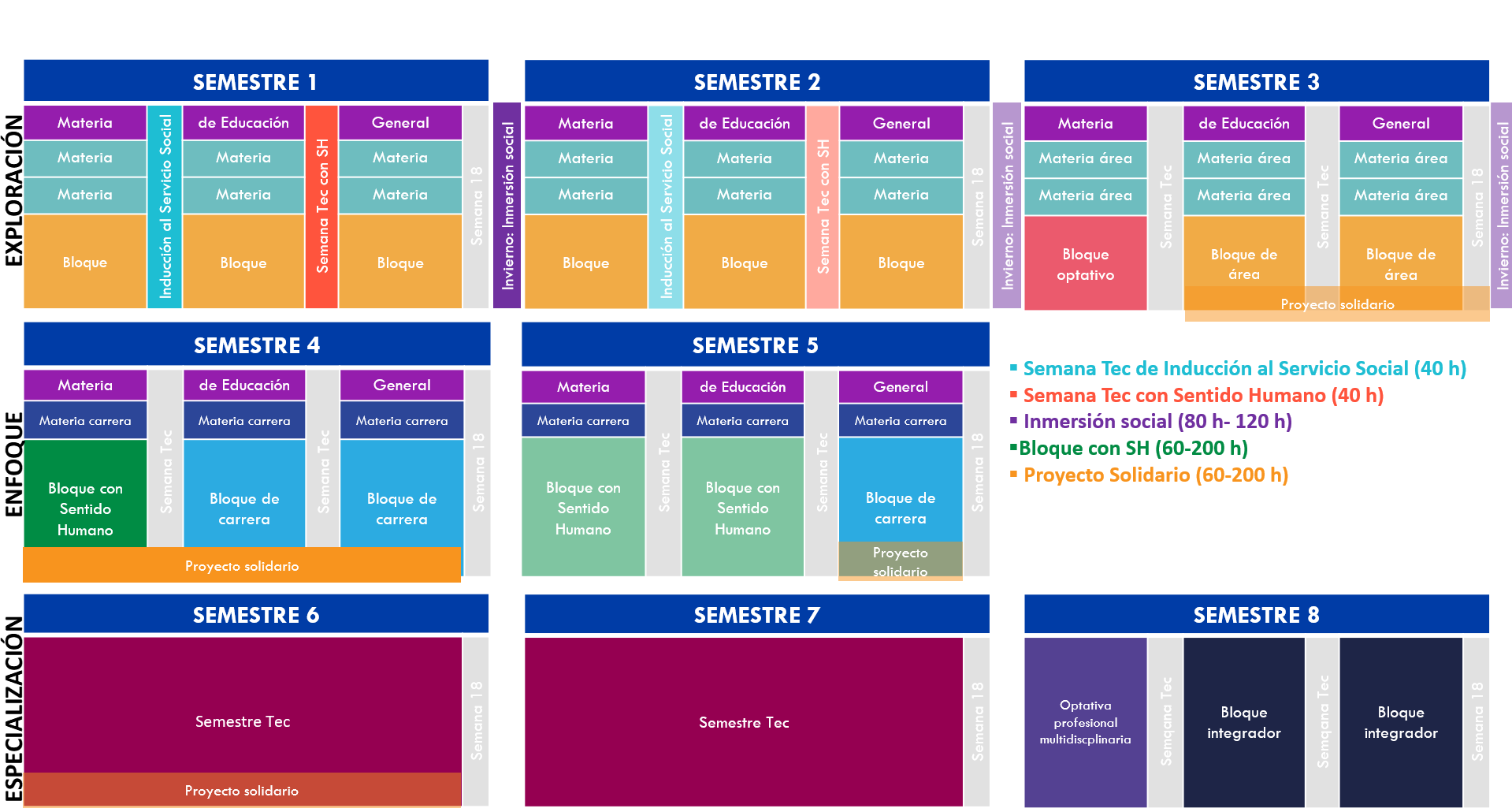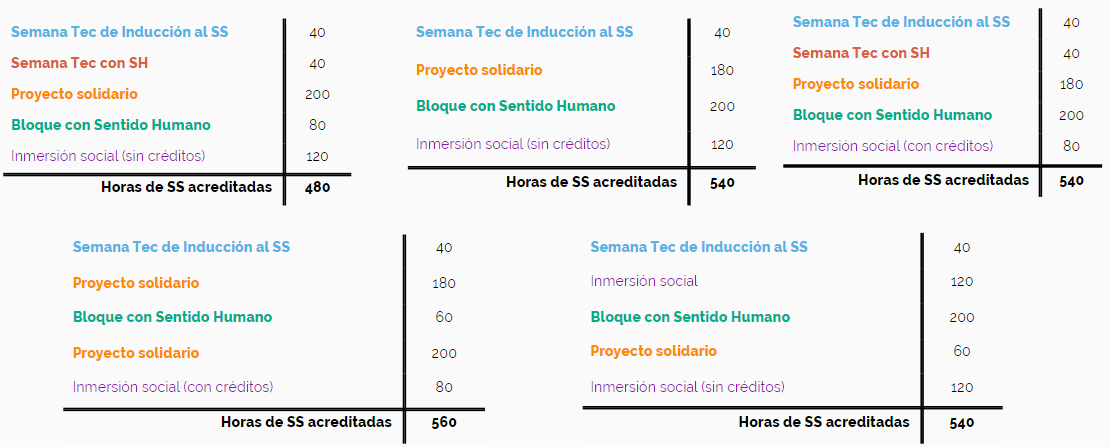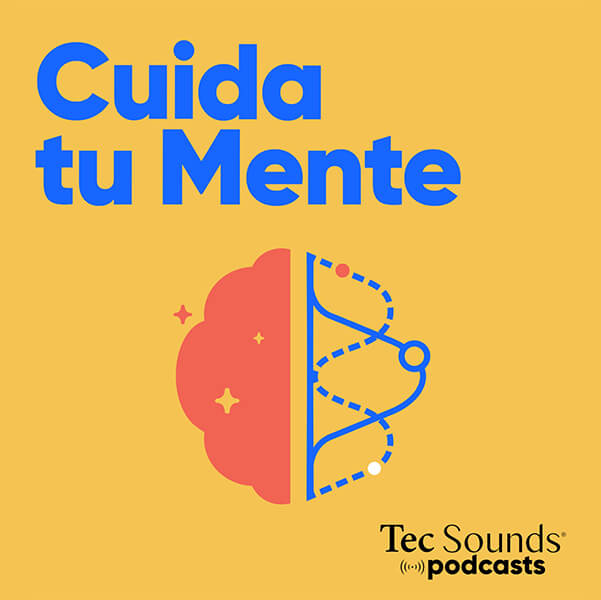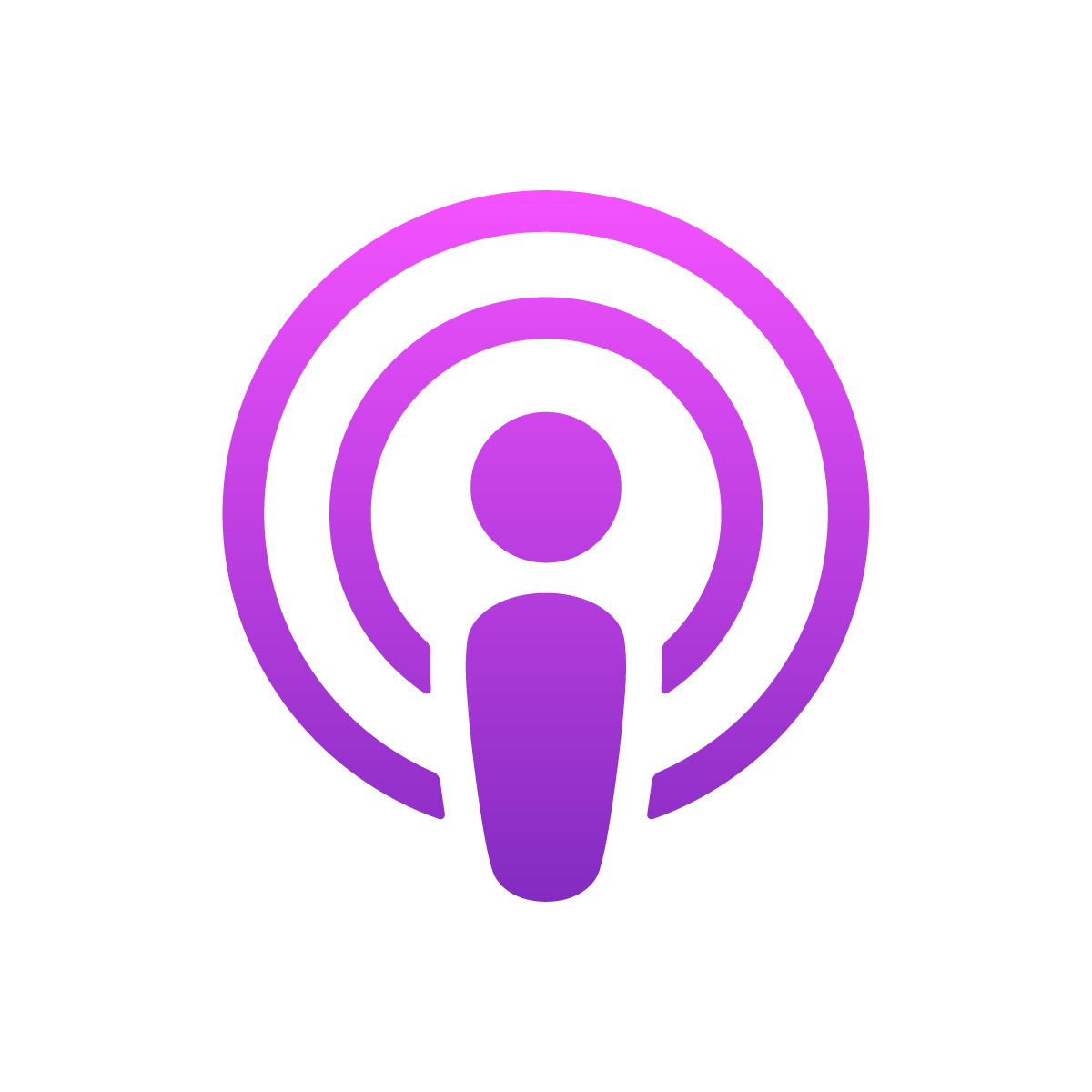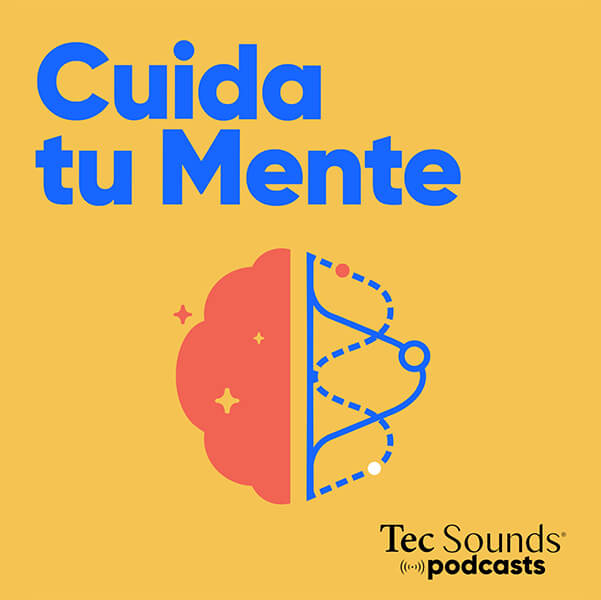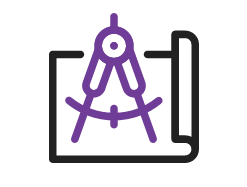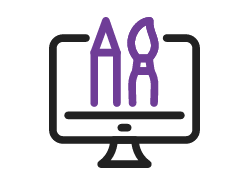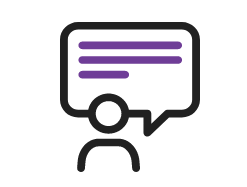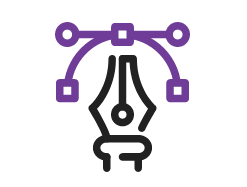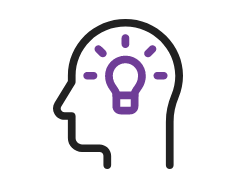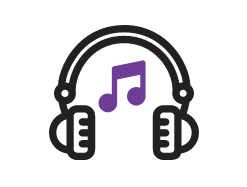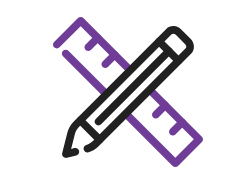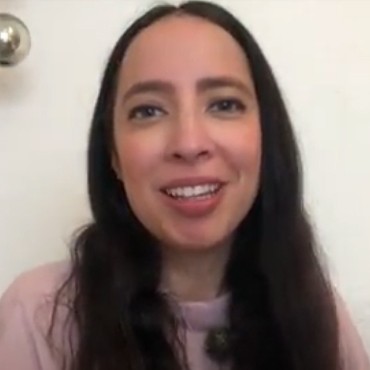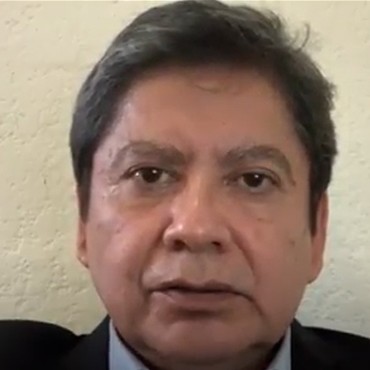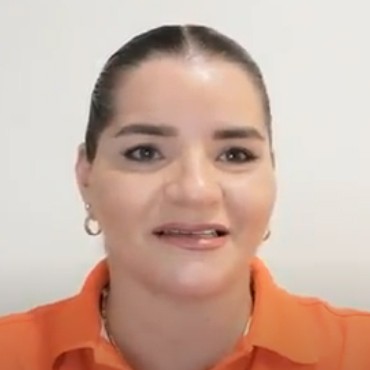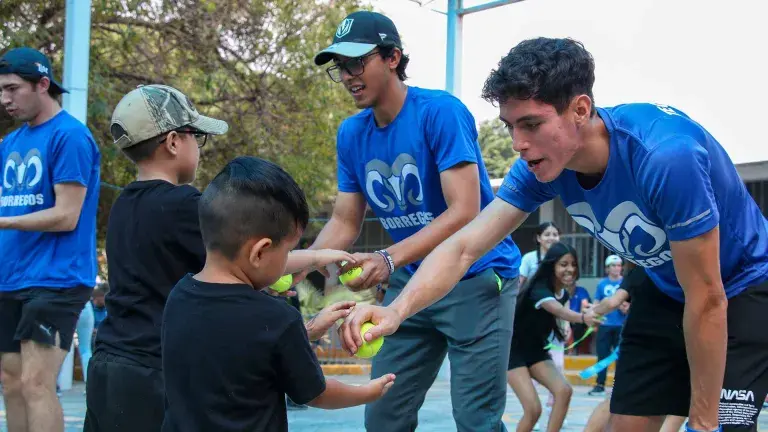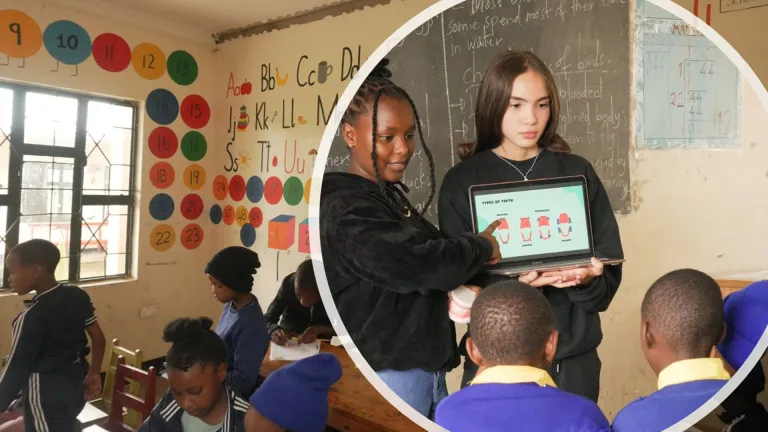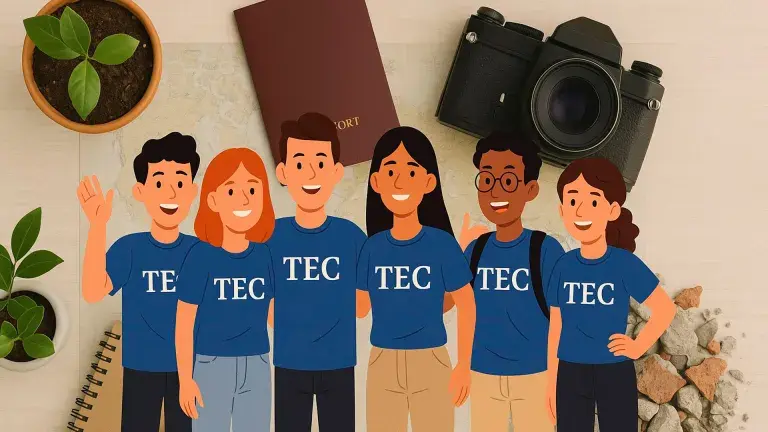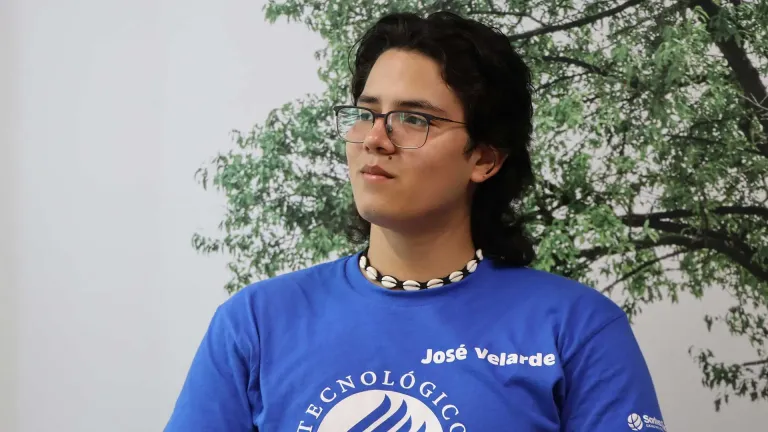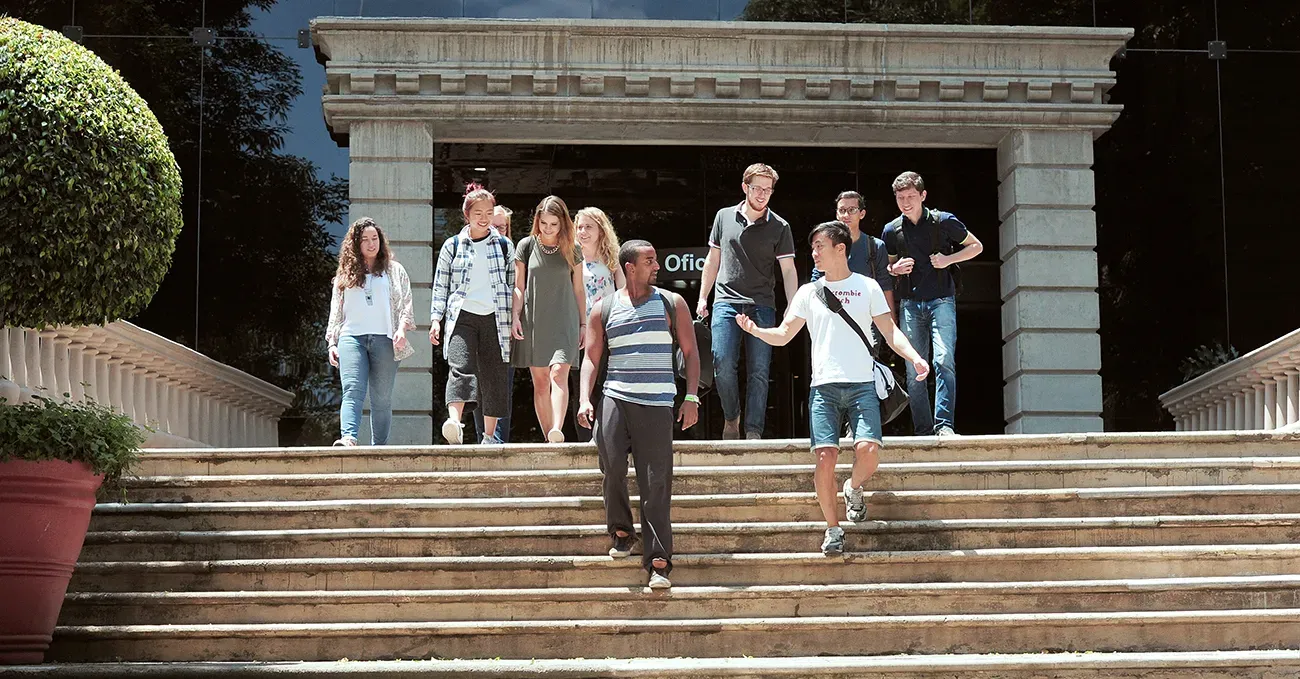Legal Notice
Website Terms and conditions of use
The terms of use set forth herein (hereinafter TERMS OF USE) comprise an agreement between INSTITUTO TECNOLÓGICO Y DE ESTUDIOS SUPERIORES DE MONTERREY (hereinafter TECNOLÓGICO DE MONTERREY) and any user of the SITE, whose web address is: http://tec.mx/ (hereinafter the SITE).
Any person who uses the SITE will be a USER (hereinafter the USER) and this implies the full and unconditional observance of these TERMS OF USE. Therefore, USERS must read and carefully evaluate them in advance to ensure that they are aware that they are bound by them and any amendments each and every time they access the SITE.
If at any time the USERS do not agree fully or partially with these TERMS OF USE, they must immediately abstain from using the SITE in any of its parts or sections.
The USER agrees that in diverse parts of the SITE there may be special stipulations that, as applicable, will substitute, complement and/or modify the TERMS OF USE (hereinafter PARTICULAR CONDITIONS), and, therefore, the USERS must also read them beforehand in each case and if they do not fully or partially agree with it or them, they must abstain from using the part or the section of the SITE regulated under this or these PARTICULAR CONDITION or CONDITIONS. If the USERS use part of the SITE regulated by one or more PARTICULAR CONDITIONS, it will be understood that they agree to be bound fully and unconditionally by them.
Access and use of the site
Access to and use of the site by TECNOLÓGICO DE MONTERREY free of charge for USERS.
USERS will register on or sign up to the SITE, only when specifically required to do so.
Objective
Through the SITE, TECNOLÓGICO DE MONTERREY supplies to USERS access to diverse information provided by TECNOLÓGICO DE MONTERREY or by persons directly or indirectly linked to such information (hereinafter the CONTENT).
USERS acknowledge that use of the SITE does not give them any property rights to the site, any of its components or CONTENT.
TECNOLÓGICO DE MONTERREY reserves the right to modify at any time and without notice the presentation, configuration, information, CONTENT and, in general, any part or aspect related directly or indirectly to the SITE.
Content
Obligation to use the site and the content appropriately
The USER undertakes to use the SITE and the CONTENT in accordance with the applicable laws and the provisions of these TERMS OF USE and in observance of public order. The USER undertakes to use the SITE and any CONTENT or aspect related to the same, in a manner that does not harm the rights and interests of TECNOLÓGICO DE MONTERREY, individuals linked directly or indirectly to the same, or of third parties. The USER will use SITE and/or the CONTENT in a manner that does not totally or partially harm, render unusable, damage or diminish it in any way.
Means for obtaining content
The USER will abstain from obtaining or attempting to obtain information messages, graphics, drawings, audio and/or image files, photographs, recordings, software and, in general, any type of material accessible through the SITE or the CONTENT.
USERS can use the CONTENT and the elements found on the SITE but must only employ for this purpose the media and procedures specified and indicated therein.
Appropriate use of the content
USERS undertake to use the CONTENT and the elements used on the SITE in a diligent, appropriate and legal fashion, and in particular, undertake to abstain from: (a) using the CONTENT in a manner or for ends or purposes that are contrary to the law, public order and the provisions of TECNOLÓGICO DE MONTERREY for the use of this SITE; (b) copying, disseminating, modifying, reproducing, distributing or using in any way for or not for profit the CONTENT and the elements used on the SITE, unless they have the express, written authorization of TECNOLÓGICO DE MONTERREY; (c) altering or manipulating the brands, logotypes, advertisements, trade names and distinctive signs in general of TECNOLÓGICO DE MONTERREY, of the SITE or of the people linked directly or indirectly to TECNOLÓGICO DE MONTERREY (unless they have its written authorization); (d) removing, circumventing or altering the CONTENT and the elements used on the SITE, as well as the technical protection devices or any mechanism or procedure established on the SITE.
TECNOLÓGICO DE MONTERREY declares that all the CONTENT and the elements used on the SITE are duly registered and protected under the corresponding authorities and laws in Mexico. The USER undertakes to respect all the Intellectual Property rights of the CONTENT and the elements used on the SITE of which TECNOLÓGICO DE MONTERREY is the owner.
Use of the site, the content and the content under the sole responsibility of the user
By the very fact of accessing the SITE, USERS acknowledge and agree that the use of the same and of the CONTENT is under their sole and strict responsibility, and, therefore, at no time and under no circumstances will TECNOLÓGICO DE MONTERREY be held responsible for any fault or problem that might arise in the computer equipment (hardware) or computer programs (software) used by the USER to access or browse any part of the SITE.
Warranty and Disclaimer
Warranty and Disclaimer for the functioning of the SITE and the CONTENT, viruses and other harmful elements. TECNOLÓGICO DE MONTERREY does not control and does not guarantee the absence of viruses in the CONTENT, nor the absence of other elements in the CONTENT that could result in alterations in the USER’s computer system (software and/or hardware) or the electronic documents and files stored on such informatics system.
Sites and content other than the SITE and the CONTENT
As a private, nonprofit, independent institution without any political or religious affiliations, TECNOLÓGICO DE MONTERREY does not permit the publication of any content that contravenes this nature and reserves the right to agree to publish or suggest sites, subsites or material that do not belong to the SITE and TECNOLÓGICO DE MONTERREY that it considers to be of interest to the USERS. If so, TECNOLÓGICO DE MONTERREY is not responsible in any form or manner for such sites and materials, or for access to or use by the USER of the same.
In addition, any site and/or subsite on the Internet, other than the SITE, can have a link or hyperlink to the SITE or CONTENT with or without the authorization of TECNOLÓGICO DE MONTERREY. TECNOLÓGICO DE MONTERREY is not responsible for the origin, uses and destinations of such links. In the same way, the person responsible for the sites and/or subsites that mention or manage a link to the SITE and/or CONTENT, is not necessarily authorized to manage such links or to promote TECNOLÓGICO DE MONTERREY, the SITE or the CONTENT. TECNOLÓGICO DE MONTERREY does not assume any responsibility for such sites or their content other than the SITE, nor accept any advertising charges, unless it has a contract previously signed by the parties.
Denial and withdrawal of access to the site and/or content
TECNOLÓGICO DE MONTERREY reserves the right to deny or withdraw access to the SITE and/or CONTENT at any time and without prior notice, on its own initiative or at the request of any person to any USER for any reason, including, but not limited to, USERS who misuse the SITE, any of its parts or sections or CONTENT, or who totally or partially fail to fulfill these TERMS OF USE or any resulting PARTICULAR CONDITIONS.
Duration and termination
The duration of the SITE and the CONTENT is indefinite. Nevertheless, TECNOLÓGICO DE MONTERREY can terminate, suspend or discontinue, at any time and without prior notice, the SITE and/or any of the CONTENT.
Obligation to observe the Instructions
The USER undertakes to follow ad litteram any instruction given by TECNOLÓGICO DE MONTERREY or by personnel authorized by TECNOLÓGICO DE MONTERREY in relation to the SITE, regarding any mechanism or procedure stipulated for the use of the SITE and the CONTENT. The USER must only follow the instructions given by TECNOLÓGICO DE MONTERREY.
Liability for damages and losses
The USER is liable for any damages and/or loss of any kind resulting from the nonfulfillment of these TERMS OF USE or any applicable legislation, thus holding TECNOLÓGICO DE MONTERREY harmless from all civil, criminal, administrative or any other type of responsibility.
Without prejudice to the provisions of the previous paragraph, in the event that TECNOLÓGICO DE MONTERREY is sanctioned or sentenced by a competent authority in any procedure related to any civil, criminal, administrative or any other type of responsibility, it will notify the responsible USER, who must pay TECNOLÓGICO DE MONTERREY the amount that it has been sentenced to pay, as well as any costs, fees and other expenses incurred, within 15 calendar days following the notification. If the payment is not made within the specified term, the USER undertakes to pay TECNOLÓGICO DE MONTERREY an amount equivalent to the principal as a conventional penalty.
Personal Information
In order to use or enjoy any of the CONTENT, the USER must provide TECNOLÓGICO DE MONTERREY in advance with specific data of a personal nature (hereinafter PERSONAL INFORMATION) that TECNOLÓGICO DE MONTERREY may or may not manage automatically. The USER, on accessing the SITE or any of the CONTENT in which PERSONAL INFORMATION is required, is authorizing TECNOLÓGICO DE MONTERREY to conduct analyses and studies based on the same.
The USERS undertake to provide truthful, reliable PERSONAL INFORMATION and, if they do not wish to do so in the parts of the SITE where it is requested, they will abstain from using that part or those parts or sections of the SITE. If the USERS provide false or confusing information, TECNOLÓGICO DE MONTERREY can deny them access to the SITE and CONTENT therein, being held harmless from any applicable indemnifications.
By providing their PERSONAL INFORMATION on the SITE, USERS are authorizing TECNOLÓGICO DE MONTERREY to provide any competent authority with the respective information, if so requested by the appropriate legal means. TECNOLÓGICO DE MONTERREY will not share any personal information that has been supplied with third parties, unless necessary to provide a service or product required by the USER.
License
TECNOLÓGICO DE MONTERREY authorizes the USER to use the SITE exclusively under the TERMS and CONDITIONS expressed herein, without any implication that this gives the USER any license or authorization or any type of right other than the use mentioned beforehand regarding the "Intellectual Property" of TECNOLÓGICO DE MONTERREY. “Intellectual Property” is understood to mean all the brands registered and/or used in Mexico or abroad by TECNOLÓGICO DE MONTERREY, as well as full rights over inventions (patented or not), industrial designs, utility models, confidential information, brand names, advertisements, reserved rights, domain names, and all types of patrimonial rights over works and creations protected by copyright and all other forms of industrial or intellectual property acknowledged or to be acknowledged in the corresponding laws.
Other provisions
Form. The USER agrees that a printed version of these TERMS and CONDITIONS, and of any communication sent and/or received in electronic form will be admissible as a means of proof in any legal and/or administrative proceedings.
Governing law and jurisdiction. Regarding the interpretation and compliance with the provisions set forth herein, the USERS, by the very fact of accessing the SITE, agree to be subject to the governing laws and the jurisdiction of the competent courts in Mexico, renouncing any other jurisdiction that for reasons of its present or future address or for any other reason might correspond to them.
Ineffective provisions
If any of the TERMS and CONDITIONS set forth herein are found to be unenforceable or declared to be null and void in accordance with the applicable legislation, it will be replaced by a term or condition that is valid and that can fulfill with greater rigor the objective of the provision that is unenforceable or has been declared to be null and void. All other terms and conditions will continue to be valid.
Rights
Any right that has not been expressly conferred in this document will be understood as reserved to TECNOLÓGICO DE MONTERREY.
